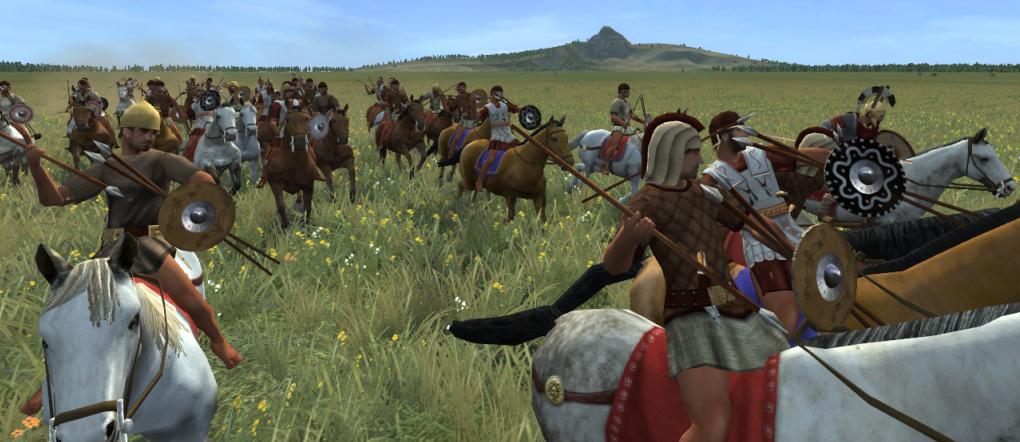Medieval 2 Total War Kingdoms Free Download Full Version

Kingdoms is the most content-rich expansion ever produced for a Total War game, with four new entire campaigns centered on expanded maps of the British Isles, Teutonic Northern Europe, the Middle East, and the Americas. In Medieval II, you were only given a tantalizing glimpse of South America, but in Kingdoms, vast tracts of land in both North and South America have been opened up for you to conquer. All-new factions from the New World are also now fully playable, including the Aztecs, Apaches, and Mayans.
Medieval 2 Total War PC Download Medieval 2 Total War Crack is the game which truly defined the Total War series. Pick a nation during the crusader era and conquer Europe, North Africa and the Middle-East.
HWP files, up to the versions created with Hangul '97, can be opened with OpenOffice.org. In addition, Hancom Office 2010 SE supports standard ODF files and can convert to the PDF file format. Haansoft hangul 2007 2007 iso. However, files created with later editions of Hangul, including Hangul Wordian, Hangul 2002, Hangul 2005, and Hangul 2007 cannot be opened with OpenOffice.org, due to major changes in the document structure. One can also directly save a file into PDF with Hancom Office 2010 and up. However, users can save files in MS office formats, such as doc, xocx, ppt, pptx, xls, and xlsx.
Medieval 2 Total War Full PC Game Overview Medieval 2 Total War Download Free Full Game, the indirect sequel to 2002's Medieval: Total War and the fourth game in the Total War series from The Creative Assembly, is a game of turn-based strategic rounds and real-time tactically-oriented battles, released in November 2006. The game is set between the years 1080 and 1530. Like the original Medieval: Total War, it focuses on medieval warfare, religion and politics in Europe, North Africa and the Middle East. Gameplay Similar to previous titles of the Total War series, the game consists of two modes of play: battles and single-player campaign. Battles can be played in multiplayer, in user-defined scenarios, or in historical scenarios which simulate real battles such as the Battle of Arsuf or the Battle of Agincourt.
Battles are also featured in the campaign. Campaign The campaign allows the player to assume control of a faction of the time period, and build a civilization, both economically and militarily in order to conquer other factions. Gameplay consists of controlling the faction's military, economic, and social systems in large campaign maps.
During the player's turn, armies, fleets, and agents can be moved on the map. When an army engages another army, the player can choose to fight the battle personally in the battle mode, or automatically calculate the outcome. Medieval 2 Total War Free Download. The goal of the campaign depends on which type of campaign is played. The short campaign requires the player to defeat one or two enemy factions (for example, Holy Roman Empire must defeat its historical enemies Milan and Denmark) and control at least 15 settlements.
The long campaign requires the player to control at least 45 territories and one or two significant cities, which are faction specific, such as Jerusalem, Granada, Rome or Constantinople. Any nation conquered in the Grand Campaign will be unlocked as a playable faction, with the exception of the Papal States, Mongols, Timurids, Aztecs (only encountered in the New World, or in the late period) and Rebels. Completing the Grand Campaign on any difficulty level unlocks all factions as playable. Medieval 2 Total War Free Download PC Game.
Settlements Each faction begins with a few (or a single) settlement (s), and must conquer others in order to continue growing. Unlike previous Total War titles, there are two kinds of settlements, each with different advantages and disadvantages: cities and castles.
Castles have better defensive capabilities and have access to a larger selection of soldiers including cavalry, infantry, and missile troops most of which can only be obtained through castles, and for the most part are superior to city troops in terms of abilities, morale, and combat statistics. However, castles generate less income, cannot train as many agents as cities, and have no access to higher civilian technologies including, but not limited to, taverns, markets, and buildings related to law and health such as town halls, and the eastern Bimaristan. Cities generate much larger income and are technological centres of a faction, but are more difficult to defend and only have access to militia troops, which are generally inferior to those trained at castles except for a select few unique units. A small quantity of militia troops, stationed in the city where they have been trained, can have the benefit of no upkeep cost, that cost being a great burden on the economy of a faction throughout the game.

Players may convert a settlement to a different type, although larger cities may not be converted into castles. The early castle upgrades don't have a need of population to be upgraded, all that is needed are florins (in-game currency).
As in other Total War games, in each settlement the faction may construct a number of buildings, each with different functions, such as training troops, upgrading weapons and armour, expanding the economy, increasing the settlement's defences or strengthening religion. A new feature of Medieval II is the ability to build guild halls.